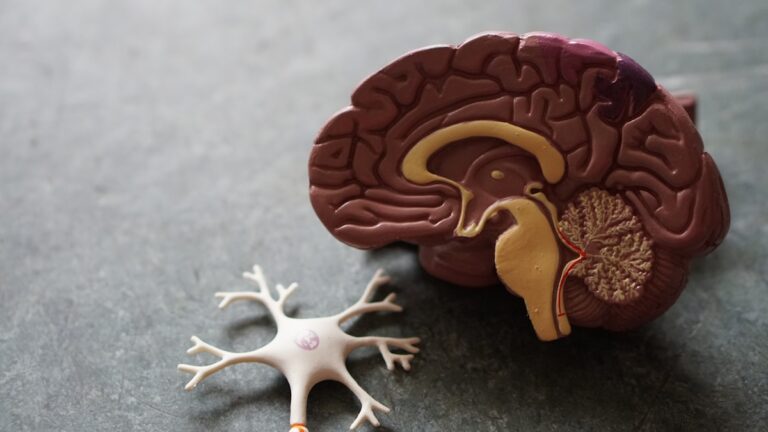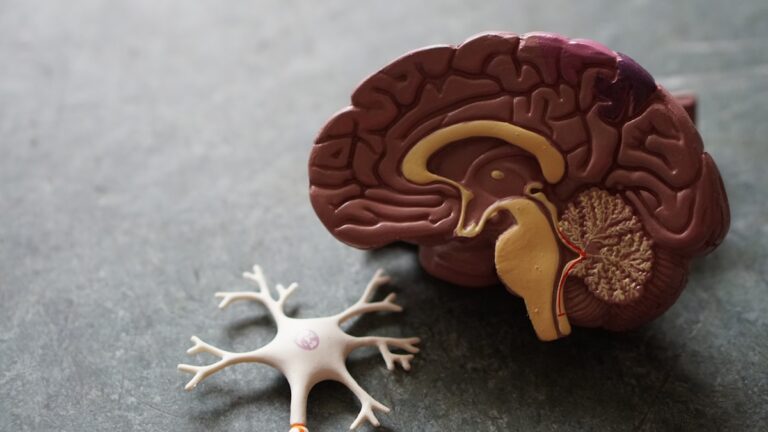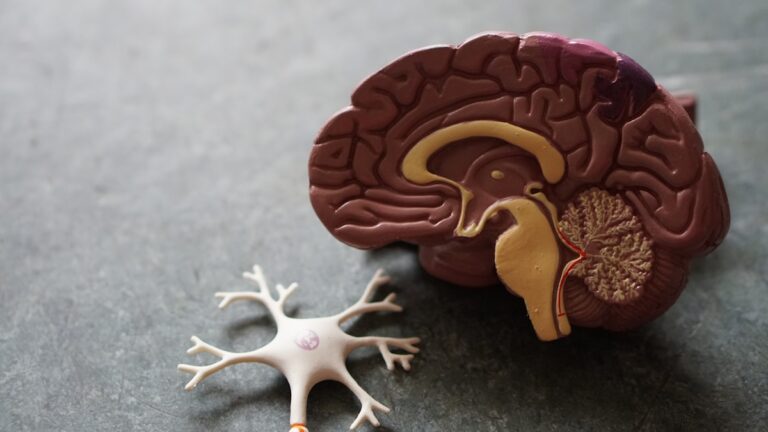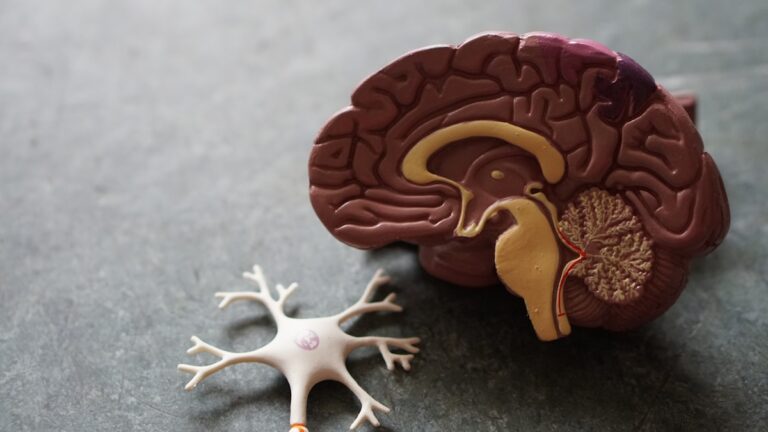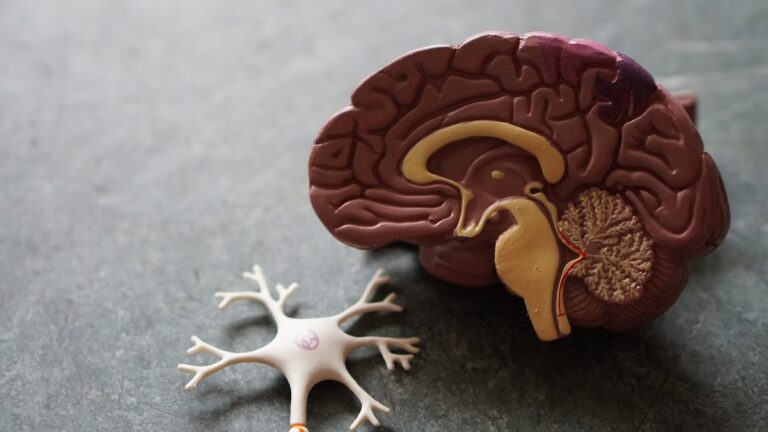Alzheimer’s disease, a progressive and debilitating neurological disorder, affects more than 5 million people in the United States alone. It is characterized by memory loss, cognitive decline, and behavioral changes that worsen over time. Currently, there is no cure for Alzheimer’s, and available treatments only temporarily improve symptoms. However, a recent breakthrough in Alzheimer’s research has revealed promising findings that could potentially change the course of this disease.
The groundbreaking research, published in the journal Nature, has identified a new drug target that could potentially halt the progression of Alzheimer’s disease. The research team, led by Dr. Marc Tessier-Lavigne from Stanford University, focused on a specific protein called tau, which is known to play a key role in the development of Alzheimer’s. This protein forms abnormal tangles in the brain, leading to the death of brain cells and ultimately causing the symptoms of Alzheimer’s.
Previous studies have mostly focused on targeting another protein called amyloid-beta, which also plays a role in Alzheimer’s development. However, these attempts have not been successful in halting the progression of the disease. This new research took a different approach by targeting tau instead.
The research team used a powerful genetic screening tool called CRISPR-Cas9 to study the function of every gene in the human genome. They found that a gene called TRIM28 regulates the production of tau in the brain. This gene acts as a “brake” for tau production, and when it is turned off, tau levels increase significantly.
To confirm their findings, the researchers tested this in mice models of Alzheimer’s disease. They found that when they turned off the TRIM28 gene, it led to an increase in tau levels and significantly worsened cognitive decline. However, when they turned on the gene, tau levels decreased, and cognitive function improved.
These findings suggest that the TRIM28 gene plays a crucial role in controlling tau levels in the brain. This discovery could potentially lead to the development of a drug that targets this gene, effectively slowing down or even halting the progression of Alzheimer’s disease.
What makes this breakthrough even more exciting is that it targets tau, a protein that has been long overlooked in Alzheimer’s research. This not only opens up new possibilities for treatment but also provides a better understanding of the disease itself.
The research team also found that TRIM28 not only regulates tau levels but also affects other aspects of Alzheimer’s pathology, such as inflammation and the formation of amyloid-beta plaques. This suggests that targeting this gene could have multiple benefits in treating Alzheimer’s disease.
However, there is still a long way to go before this breakthrough can be translated into an effective treatment for Alzheimer’s. The research team has yet to develop a drug that can specifically target the TRIM28 gene. Clinical trials will also be needed to test the safety and effectiveness of such a drug in humans.
In addition, Alzheimer’s disease is a complex disorder with many factors contributing to its development. It is unlikely that targeting one gene alone will provide a complete cure for the disease. It will likely require a combination of treatments targeting different aspects of the disease to effectively slow down its progression.
Nevertheless, this breakthrough in Alzheimer’s research is a significant step forward in the fight against this devastating disease. It provides new hope for those affected by Alzheimer’s and their families, who have long been waiting for a breakthrough in the treatment of this disease.
In conclusion, the recent research revealing the role of the TRIM28 gene in controlling tau levels and Alzheimer’s pathology is a groundbreaking discovery. It not only opens up new possibilities for treatment but also provides a better understanding of the disease itself. While more research is needed, this breakthrough brings us closer to finding an effective treatment for Alzheimer’s and ultimately changing the lives of millions of people affected by this disease.

